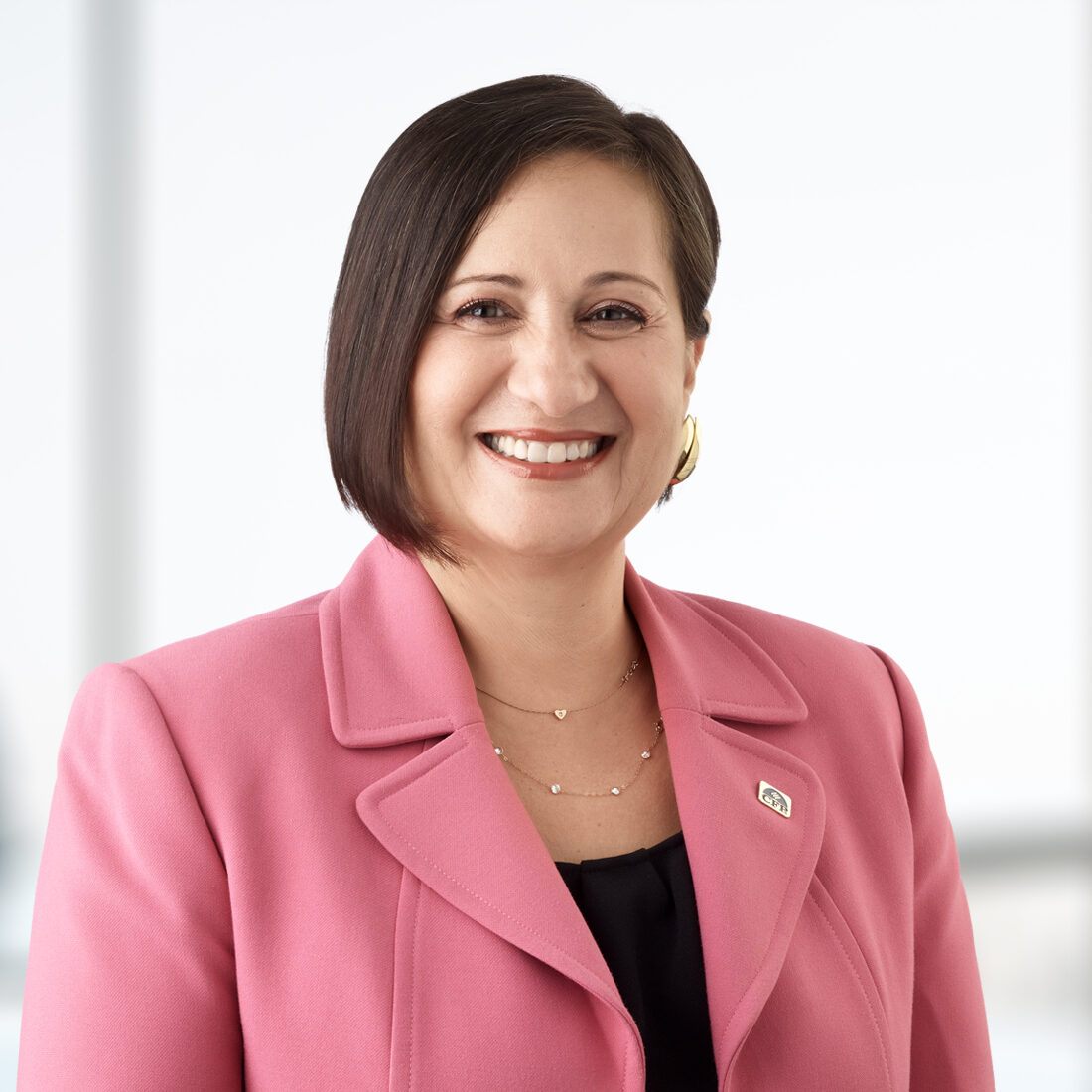Part 1: Debt and Expectations
In the first part of this two-part series on identifying and overcoming the pressures of being a new dentist, we look at the importance of financial wellness when coping with the pressure of debt repayment and the weight of expectations faced by those new to the profession.
Becoming a dentist is hard. The pressure to succeed starts long before the first day of dental school and, for many in the profession, lasts their entire career. Pressure can create diamonds over time, but it can make daily life difficult. Understanding where pressure comes from – and developing strategies for coping with and overcoming it – is key to career success and long-term satisfaction. While new dentists face many challenges, they also have access to resources to support their journey – from student to practice and beyond.
The looming specter of debt

There is no starker financial reality for many new dentists than their debt. Student loans, practice financing, and home mortgages stack up quickly. It is not uncommon for a newly minted dentist to be managing a seven-figure debt load. Add to that an interest rate climate that is the highest in a generation or more and the pressure can seem overwhelming.
According to Lamees Rahif, an Investment Planning Advisor at CDSPI Advisory Services Inc., "financial anxiety is one of the top stressors for new dentists, and this was true even before the pandemic". She believes that while it may be tempting to focus on paying down debt as quickly as possible, it should not be the sole focus. She advises new dentists to take a more holistic approach to their finances and to strive for financial wellness, much as they do for their physical and mental wellness.
“Financial wellness includes managing debt efficiently,” Lamees acknowledges, “but some types of good debt, like that used for educational purposes, has long-term benefits. However, bad debt, that targets things such as depreciating assets, should be minimized.” She cautions new dentists not to neglect saving and investing even while paying down debt. “Compound interest can work in your favour,” she states. “This is particularly true in a high interest rate environment where even guaranteed investments are producing solid returns. It is important to have regular financial checkups to ensure your plan aligns with your evolving goals and circumstances.”
The Four Pillars of Financial Wellness
- Living within your means.
- Building an emergency contingency fund.
- Access to information and tools to help sound financial decisions.
- Having a financial plan.
Wellness is at the heart of every aspect of life, encompassing financial, physical, and mental well-being. Neglecting the financial component can lead to undue stress, which, as research1 suggests, can contribute to chronic physical illnesses such as high blood pressure, obesity, and diabetes. Achieving financial wellness as a dentist is not just about managing debt and investing wisely. It includes striking a balance among various elements, including spending, saving, borrowing, planning, protecting yourself, and self-care.
CDSPI supports new dentists on their journey to financial wellness with advice, insurance, and financial planning services tailored to the dental community. Speaking with an experienced advisor who works exclusively with the dental community can help students and new dentists develop healthy financial habits that can last a lifetime.
The weight of expectations

Dentists who have been practicing for any length of time will certainly have felt the weight and pressure of expectations. Expectations arise in many forms and come from many sources, both personal and professional. The people around them may have an exaggerated notion of their wealth and income and pressure them to live an outsized lifestyle. The myth that “all dentists are rich” can be a difficult one to overcome but it is important to establish clear boundaries as to what it is possible to provide. Dentists should be honest about their financial priorities as far as they are comfortable to share.
A strategy that Lamees recommends in these situations is for dentists to become more financially literate themselves, so they can confidently articulate why a new luxury vehicle isn’t right for them at this point in their career or why they are choosing a staycation over a five-star junket to Dubai this year. New dentists can also become magnets for dubious and/or high-risk investment “opportunities” that don’t align with their priorities.

Lamees Rahif, CFP®
Investment Planning Advisor
“Of course, you can always just say no when you have to,” Lamees reminds new dentists. “Having a dedicated Certified Financial Planner® professional in your corner to provide guidance on managing financial expectations from friends and family is a great advantage. They can ensure dentists are prioritizing their financial wellness and considering the impact that lifestyle choices may have on their financial stability.” Approaches like these can help maintain personal relationships while establishing firm financial boundaries.
A great place to start is to build a network of supportive professionals in areas including financial planning. Lamees and her colleagues at CDSPI Advisory Services Inc. offer financial planning services tailored to the dental community. As a benefit of membership, members of participating dental associations can book a complimentary financial checkup with a Certified Financial Planner® professional.